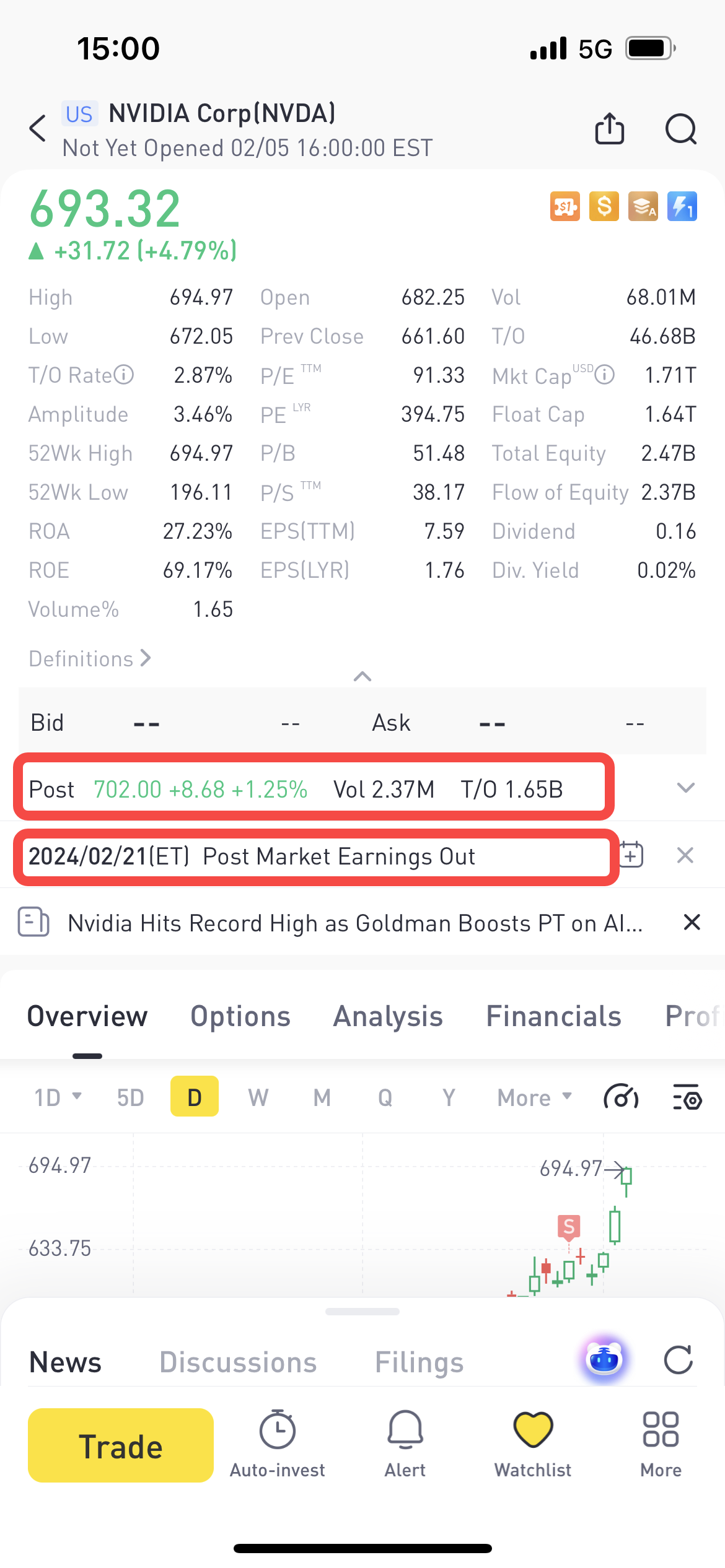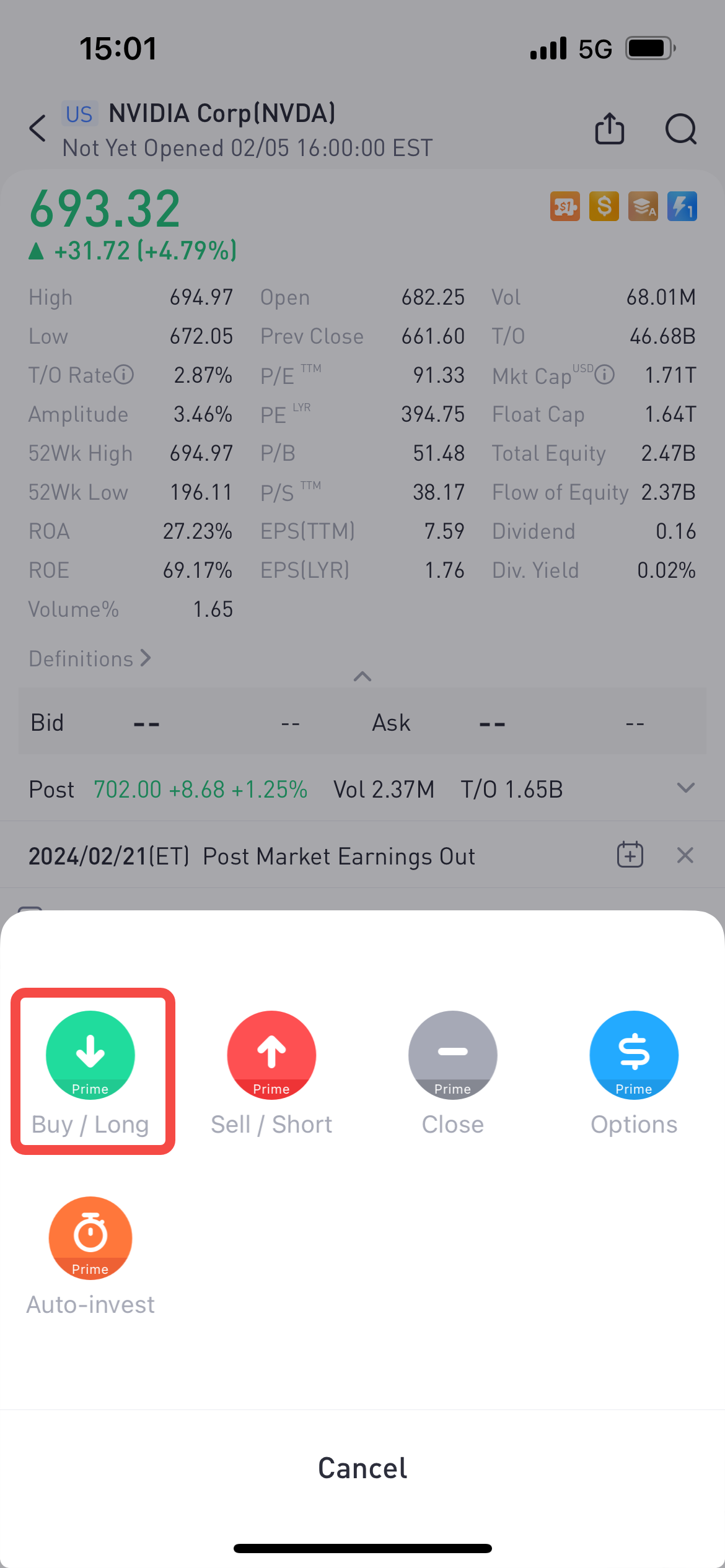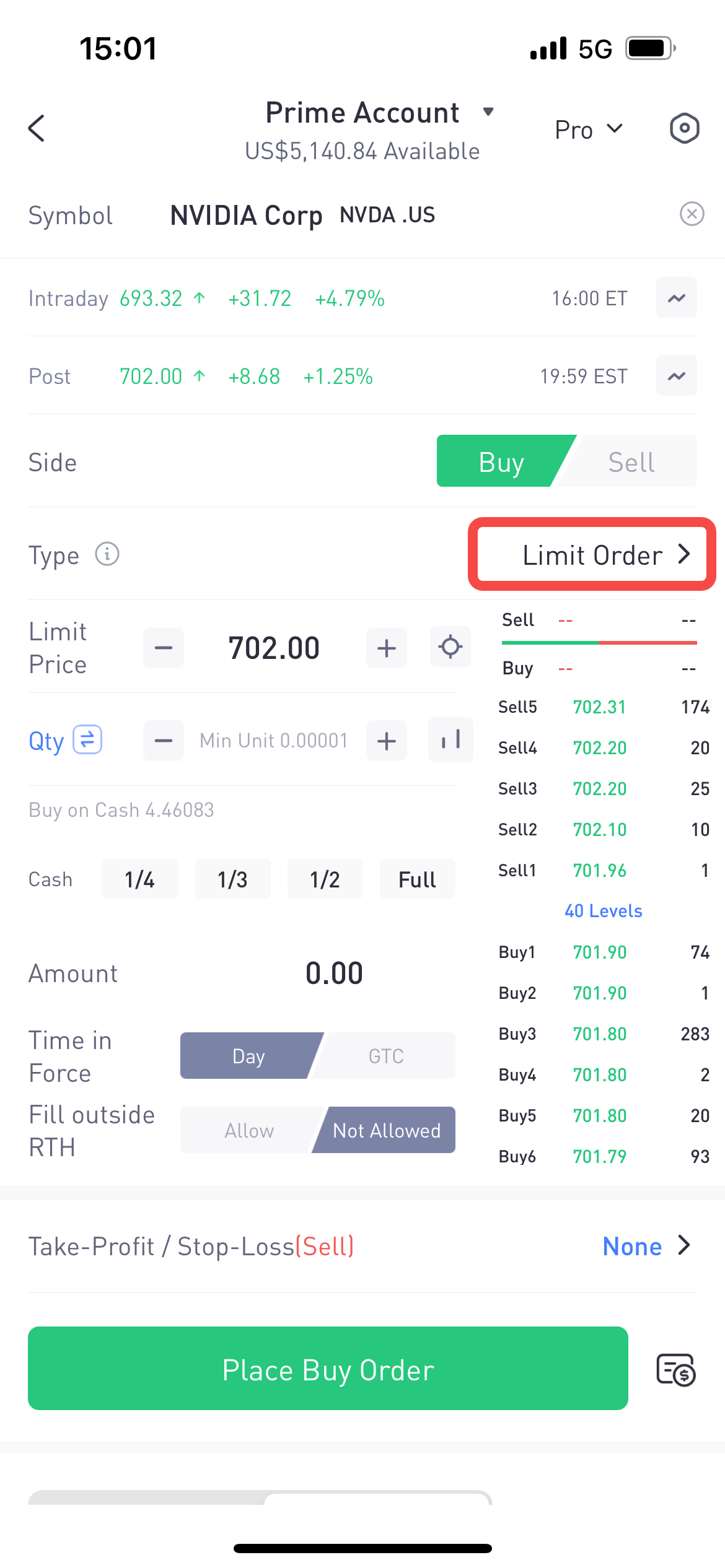It is common knowledge that stock markets around the world do not operate round-the-clock. Each stock market has its own specific opening and closing times, which are referred to as "trading hours." Interestingly, even outside of these official trading hours, stock prices can still fluctuate, especially when their companies release their financial reports. So, why does this happen? You might wonder.
If you're considering investing in U.S. stocks, it's crucial to understand what "extended trading hours" are. Knowing when and how pre and post-market trading (collectively "extended trading hours") works could help you spot opportunities and avoid risks.
What is pre and post-market trading?
The U.S. stock market offers 3 trading sessions. The pre and post-market trading sessions offer an alternative for New Zealanders to trade the U.S. Market before bedtime and upon waking up. The 3 trading sessions' operating hours are as follows before NZ's daylight saving time ends:
U.S. Eastern Time (ET) | New Zealand Daylight Time (NZDT) |
|---|---|
Pre-Market: 4:00 AM - 9:30 AM | 20:00 - 01:30 |
Regular: 9:30 AM - 4:00 PM | 01:30 - 08:00 |
Post-Market: 4:00 PM - 8:00 PM | 08:00 - 12:00 |
Note: There are differences in the dates of daylight-saving time for U.S. Eastern Time and New Zealand Time.
What extra risks are there for pre and post-market trading compared to regular hours?
Simply put, price volatility tends to be higher, and trading volume is generally lower. So, even small trades can cause significant price movements.
It's important to know that not all stocks are available for extended-hours trading. Only those listed on exchanges can be traded, meaning over-the-counter (OTC) stocks are not supported. Pre and post-market are usually traded through electronic communication networks (ECNs) with limit orders. When trading in pre or post-market, it's vital to keep a closer eye on market dynamics, as new information can quickly affect stock prices leading to significant market shifts that might require you to react to promptly.
Pros and cons of pre and post-market trading
The main advantage of extended-hours trading is it allows investors to act upon news and events that occur after the exchange closes without delay. This is significant since important reports and other information that could have a significant impact stock prices are communicated then. For example, it's common for companies to announce their quarterly earnings outside of regular trading hours. Being able to act on this information before the next trading day might give traders an advantage.
For instance, if Apple Inc. (AAPL) releases its quarterly earnings report after a certain day's regular trading hours and the post-market data suggest to you that market reaction to the report is negative, but you believe that the market has overreacted and Apple still has good long-term potential, then you might want to choose to place a limit order to buy a certain amount of Apple shares if you think it is undervalued. Say you do proceed with placing an order, your broker would then send this order to an Electronic Communication Network (ECN), where it looks for a seller willing to sell their Apple stock at your price. If your order is matched during that market session, it will be executed and its settlement will take place as if you had traded during regular trading hours.
Pricing is another key factor. Stock prices can be more volatile outside of regular trading hours, offering potential opportunities for traders/investors to capitalise on, especially when a piece of breaking news stirs the market. For those who are not available during regular market hours, engaging in extended-hours trading could allow them to catch important market movements or events that they might otherwise miss.
Of course, extended trading hours come with their drawbacks as well. For instance, market liquidity tends to be low, while price volatility and the spread between buying and selling prices are higher. These factors can affect the efficiency of trading during these market sessions. Therefore, before participating in extended-hours trading, these should be taken into consideration.
Some pros and cons of extended-hours trading are as follows:
Factor | Pros | Cons |
|---|---|---|
Real-time Event Response | Timely market access or portfolio adjustments, flexible trading time | Possible exaggeration of price fluctuations, potential overreaction to news |
Trading Volume | Less participants less competition | Lower liquidity, larger bid-ask spread, slower order execution |
Price Volatility | Opportunity to capitalise on rapid price changes | Increased volatility; high risk of rapid directional changes; unpredictable market behaviour |
How to Participate in Pre and Post-Market Trading
You can view extended-hours market data of a corresponding market session and trade on Tiger Trade. For example, with Nvidia:
Step 1: Search and navigate to the detail page of Nvidia (NVDA). You will be able to view the market data of that session on that page, as well as receive notifications about earnings reports that are scheduled to be released after the market closes.
Step 2: Click on "Trade" in the lower left corner, then select either buy or sell to place an order during the extended trading hours.
Step 3: Input your preferred price in the limit price field, specify the quantity, and click the button below to submit your order. Remember, only limit orders are allowed in extended-hours trading.
Finally, less traders during the extended hour sessions means lower liquidity and a wider price spread. Please bear that in mind when setting your prices.
In summary, the extended trading hours offer an alternative means of trade for the U.S. market "before and after" the regular trading hours. Non-regular hour trading affords traders certain opportunities (like responding to after-hours announcements), but their inherent risks are significant and should not be overlooked. So, it's important to carefully consider both the risks and opportunities before deciding to trade in these market sessions.
Disclaimer: Investing carries risk. This is not financial advice and should not be regarded as a solicitation or recommendation for acquiring or disposing of financial products. Any content being discussed, shared, and commented does not consider your own investment objectives or financial needs. Tiger Brokers assumes no warranty or responsibility for the accuracy and completeness of the information. Past performance is no guarantee for future results. Graphics and charts are for illustrative purposes only. Please read our Disclosure Statements and Terms and Conditions available on our website, and consider whether acquiring or continuing to hold financial products is suitable for you before opening an account or making investment decisions. Find out more at: www.tigerbrokers.nz. TIGER FINTECH (NZ) LIMITED (8187510)




